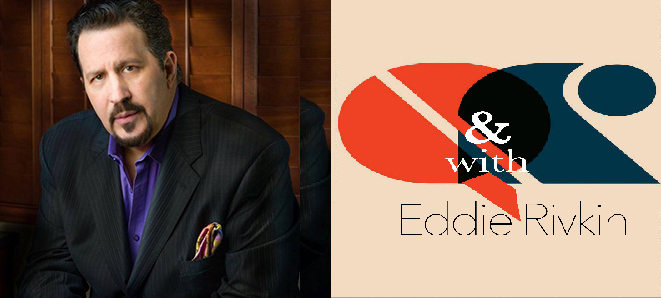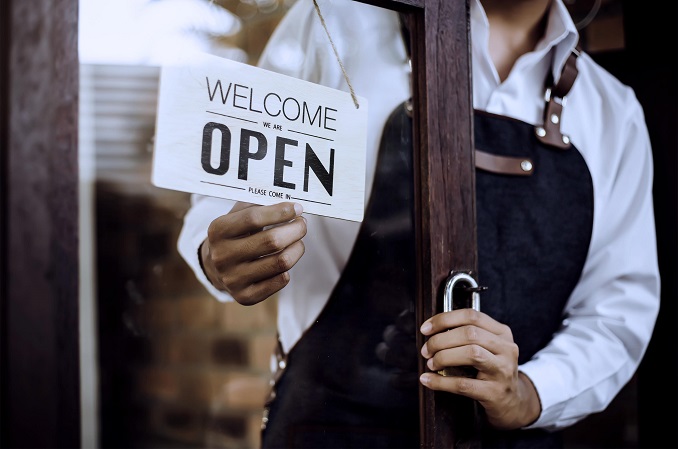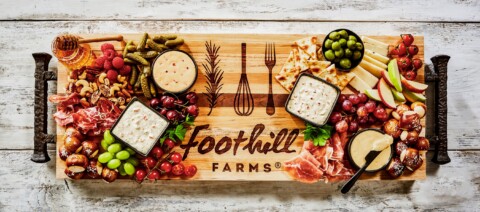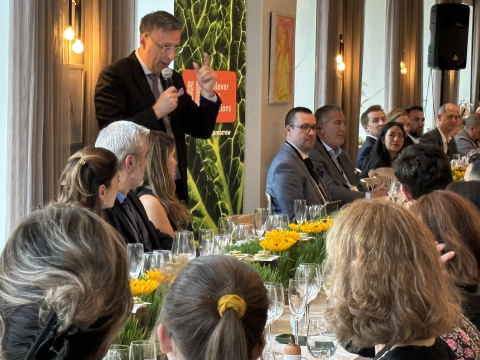By John Pedini, CMO, Brierley
There isn’t an industry in the U.S. that hasn’t been impacted by the coronavirus pandemic. But there’s ample evidence that the leisure and hospitality industry, including restaurants and bars, have been hit the hardest.
Early in April the U.S. Labor Department reported that 701,000 nonfarm workers lost their jobs in March, the month when social distancing measures really kicked in and kept people home. Of the now unemployed who lost their jobs were in the food services sector.
The pandemic poses immense challenges to restaurant owners and is forcing them to scramble and innovate to survive. One thing has become extremely clear during this wrenching moment: restaurant owners are depending on loyal customers to help them navigate through the pandemic and also to lay a foundation to rebound once things return to normal. To that end, a strong loyalty program can be a powerful tool over both the short-term and the long-term.
In the short-term, loyalty programs provide restaurant owners with a way to educate and communicate with their best customers. This is an audience that restaurants can proactively inform about critical topics, such as the availability of takeout meals and measures being taken to prevent the spread of Covid-19.
Besides being a way to educate and reassure, restaurateurs can use loyalty program communications to remind customers that rewards will still be there once dine-in service returns. In the interim, restaurant owners can evolve their loyalty programs to meet the moment by providing special rewards or pricing for particular takeout orders, such as family dinner specials.
Over the long term, loyalty will become even more important as the economy restarts. Even in good economic times, it’s difficult and expensive to attract new customers. When the economy is struggling, it’s far wiser for restaurant owners to devote their limited resources to retaining already loyal diners. A landmark study by Bain & Company that was published in the Harvard Business Review underscores the value of that strategy. Indeed, the consultants found that a 5 percent increase in customer retention rates increases profits by between 25 and 95 percent.
Even as restaurant owners do what’s necessary to remain viable during the pandemic, they should also consider how to use their loyalty programs to quickly drive sales once regular service is possible again. For example, consider ways to personalize special offers using data from your loyalty program. That valuable data can also help restaurant owners prioritize limited marketing budgets so the right messages reach their best customers.
Huge job losses and challenging economic conditions mean that customers will be far more cost conscious in our post-pandemic world. The data from a loyalty program can help restaurants quickly gauge the needs and wants of their best customers and continuously adapt their offers to deliver what diners demand.
Though it can be hard to see now, our businesses and lives will eventually return to a condition we all recognize. Leveraging the insights and the outreach capabilities of a loyalty program can help restaurants accelerate that journey back to normalcy.
About Brierley
Brierley is the industry leader — transforming loyalty around the world. The company’s focus is turning client challenges into successful and profitable loyalty program solutions. Brierley brings together innovative thought leadership, unparalleled expertise and advanced technologies to help brands win customers’ hearts and minds.
Experts you can count on. Solutions you can trust. Success you can measure.
Brierley is U.S.-based and is a wholly owned subsidiary of Nomura Research Institute, headquartered in Tokyo, Japan. To learn more about Brierley, visit http://www.brierley.com/.








